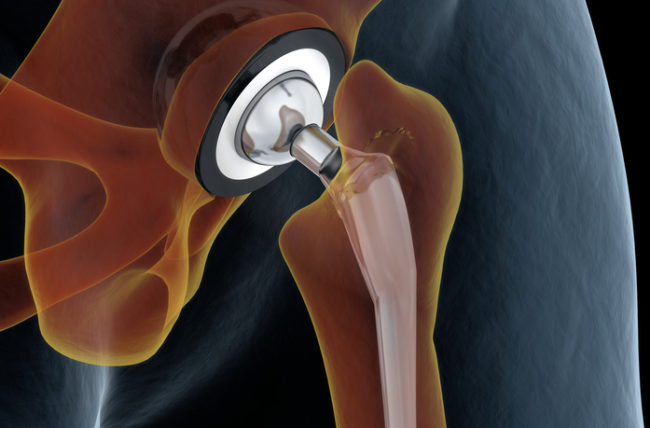Joint Replacement
Joint replacement surgery — also known as arthroplasty (ARTH-row-plas-tee) — can help relieve pain and restore function in severely diseased knee joints. The procedure involves cutting away damaged bone and cartilage from your joints replacing it with an artificial joint (prosthesis) made of metal alloys, high-grade plastics and polymers.
In determining whether a joint replacement is right for you, an orthopedic surgeon assesses your joints range of motion, stability and strength. X-rays help determine the extent of damage.
Your doctor can choose from a variety of joint replacement prostheses and surgical techniques, considering your age, weight, activity level and shape, and overall health.

Procedure
Your knee will be in a bent position to expose all surfaces of the joint. After making an incision about 6 to 10 inches (15 to 25 centimeters) long, your surgeon moves aside your kneecap and cuts away the damaged joint surfaces.
After preparing the joint surfaces, the surgeon attaches the pieces of the artificial joint. Before closing the incision, he or she bends and rotates your knee, testing it to ensure proper function. The surgery lasts about two hours.
After the procedure
You’ll be taken to a recovery room for one to two hours. How long you stay after surgery depends on your individual needs. Many people can go home that same day. Medications prescribed by your doctor should help control pain.
You’ll be encouraged to move your foot and ankle, which increases blood flow to your leg muscles and helps prevent swelling and blood clots. You’ll likely receive blood thinners and wear support hose or compression boots to further protect against swelling and clotting.
You’ll be asked to do frequent breathing exercises and gradually increase your activity level. A physical therapist will show you how to exercise your new knee. After you leave the hospital, you’ll continue physical therapy at home or at a center.
Do your exercises regularly, as instructed. For the best recovery, follow all of your care team’s instructions concerning wound care, diet and exercise.
Risks
Knee replacement surgery, like any surgery, carries risks. They include:
- Infection
- Blood clots in the leg vein or lungs
- Heart attack
- Stroke
- Nerve damage

